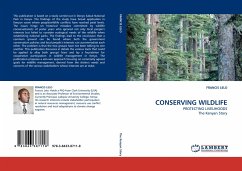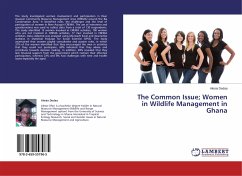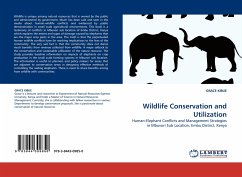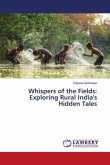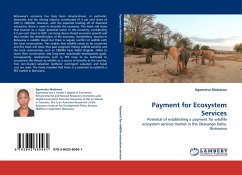This publication is based on a study carried out in Donyo Sabuk National Park in Kenya. The findings of the study have broad application in Kenyan scene where people/wildlife conflicts have reached peak levels. The issues hinge on historical mistakes committed by wildlife conservationists of yester years who ignored not only local people's interests but failed to consider ecological needs of the wildlife when establishing national parks. The findings lead to the conclusion that a common ground can be found where both the government conservation policies and local people's interests can accommodate each other. The problem is that the two groups have not been talking to one another. This publication discusses in details the various tools that could be applied to allay both groups' fears and lay a foundation for cooperative participation in wildlife management in Kenya. The publication proposes a win-win approach focusing on commonly agreed goals for wildlife management, derived from the distinct needs and concerns of the various stakeholders whose interests are at stake.
Bitte wählen Sie Ihr Anliegen aus.
Rechnungen
Retourenschein anfordern
Bestellstatus
Storno

